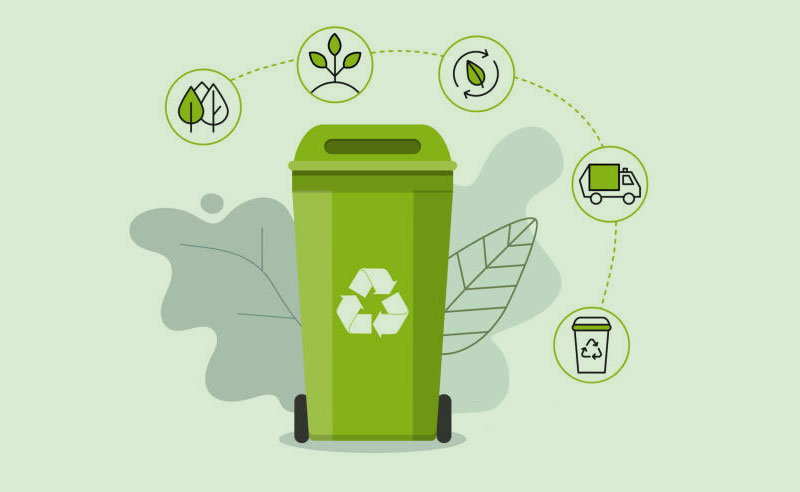
To promote decentralized Solid Waste Management in the State, Component 1 will provide technical and capacity-building assistance to state agencies such as the Local Self Government Department, Suchitwa Mission, Haritha Keralam Mission, Kerala State Pollution Control Board and urban local bodies.
The component mainly provides support for:
- undertaking SWM institutional and policy reforms
- planning, designing and implementing investment sub-projects for climate smart and disaster resilient SWM infrastructure and services improvement
- organizational development of participating ULBs for inclusive and sustainable SWM service delivery; and
- awareness generation, gender inclusion and stakeholder engagement.
This component will also provide project management, coordination and monitoring support at state, district and local levels. Also, this component will provide technical support to LSGD and participating ULBs for developing guidelines and systems for COVID-19 related waste management, sanitization and public hygiene practices to be rolled out across all urban areas, and carrying out social awareness generation, sensitization and training programs for all the key stakeholders and citizens.
The activities envisaged under this component are:
- Technical Assistance to LSGD, SM and SPMU –Provides technical assistance to Local Self Government Department, Suchitwa Mission and State-level project management unit in updating the state’s SWM operating guidelines, drafting revisions to KMA and Rules, and drafting government orders for model SWM organizational structures at ULB level and updating annual planning guidelines periodically to facilitate multiyear investments for SWM. Developing guidelines for public space cleaning and sanitization in the context of COVID-19, as well as guidelines for compliance with safety standards for labor-force involved in waste management activities, developing guidelines and operating procedures for unorganized sanitation workers, standardization of operating procedures for ULBs to follow with partner agencies etc. are included.
- Technical Assistance to ULBs – in strengthening the organizational capacity for SWM delivery services, providing support to achieve the eligibility criteria and institutional results to access the full incentive grants under component 2, drafting SWM by-laws , preparing city-wide long-term SWM plans , strengthening the financial systems and providing support for ULB annual fiscal planning, budgeting, fund utilization and reporting. In addition to this, technical support for planning, designing and implementation of sub-projects and establishing clear mechanisms for ULBs to formally engage with partner agencies. It also supports enforcement of labour laws and management systems for undertaking COVID-19 waste management in the state.
- Training and awareness generation: It will provide training for SWM experts, officials and other workforce through ICT based e-Learning tool kits and certification process, class-room based workshops and exposure visits to other ULBs for knowledge enhancement.
- IEC support: Its main aim is to implement a state-wide communication and awareness generation strategy on effective solid waste management. It will focus on overall state-wide awareness of the project, national regulations, need and primacy of good SWM services. Thus all the stakeholders including elected local representatives, ward members, community representatives, households and service providers could work hand in hand.
- Project Management support: As part of project management, agencies involved are provided with coordination and monitoring support. A dedicated SPMU and district- level project management units at each of the 14 districts will be constituted to cover the activities of all their respective ULBs. Such Units established in each urban local body will support the overall implementation, coordination, and monitoring of all project activities. A Project Management Consultant team will be hired to support project management functions at the SPMU and DPMU levels.

